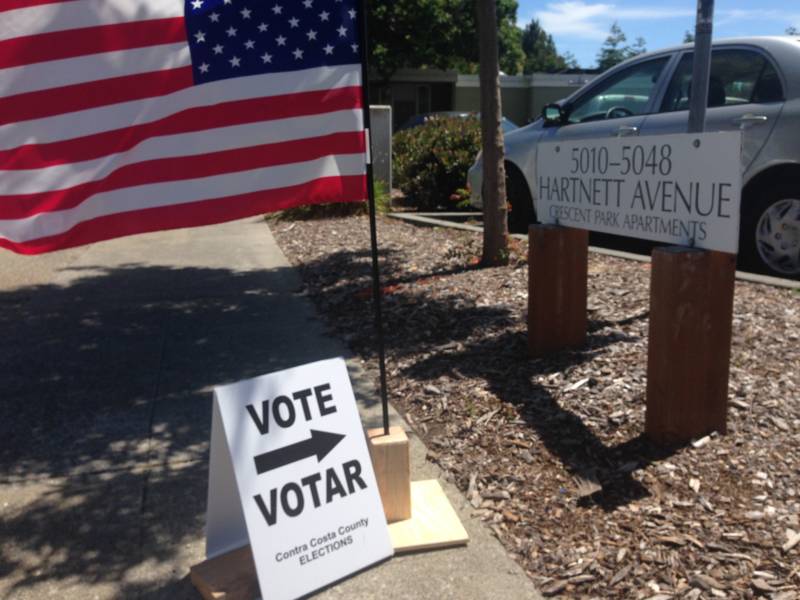Measure N
Richmond residents have rejected Measure N, which would have paved the way for a development of 59 single-family homes along the waterfront in Richmond’s Marina Bay, with more than 65 percent voting against it. Developer Richard Poe took his plan to voters after his project met resistance from the city’s planning commission because the development didn’t comply with Richmond’s general plan.
The 5-acre plot of land where Poe sought to build single-family homes is seen by the city as a potential key economic and transit hub in the East Bay. It is right next to the Rosie the Riveter Visitor Education Center and the planned ferry terminal. It is also zoned for high-density housing, aimed at helping mitigate the Bay Area’s growing housing crisis.
In the run-up to the election, Poe touted his high-end housing project as a win-win for local residents and the city, saying it would bring in much-needed tax revenue and protect the shoreline from high-rise development.
Stanly Anderson, president of the Marina Bay Neighborhood Council, held a community forum about Measure N a few weeks ago. He said residents had mixed reactions to the proposal.
